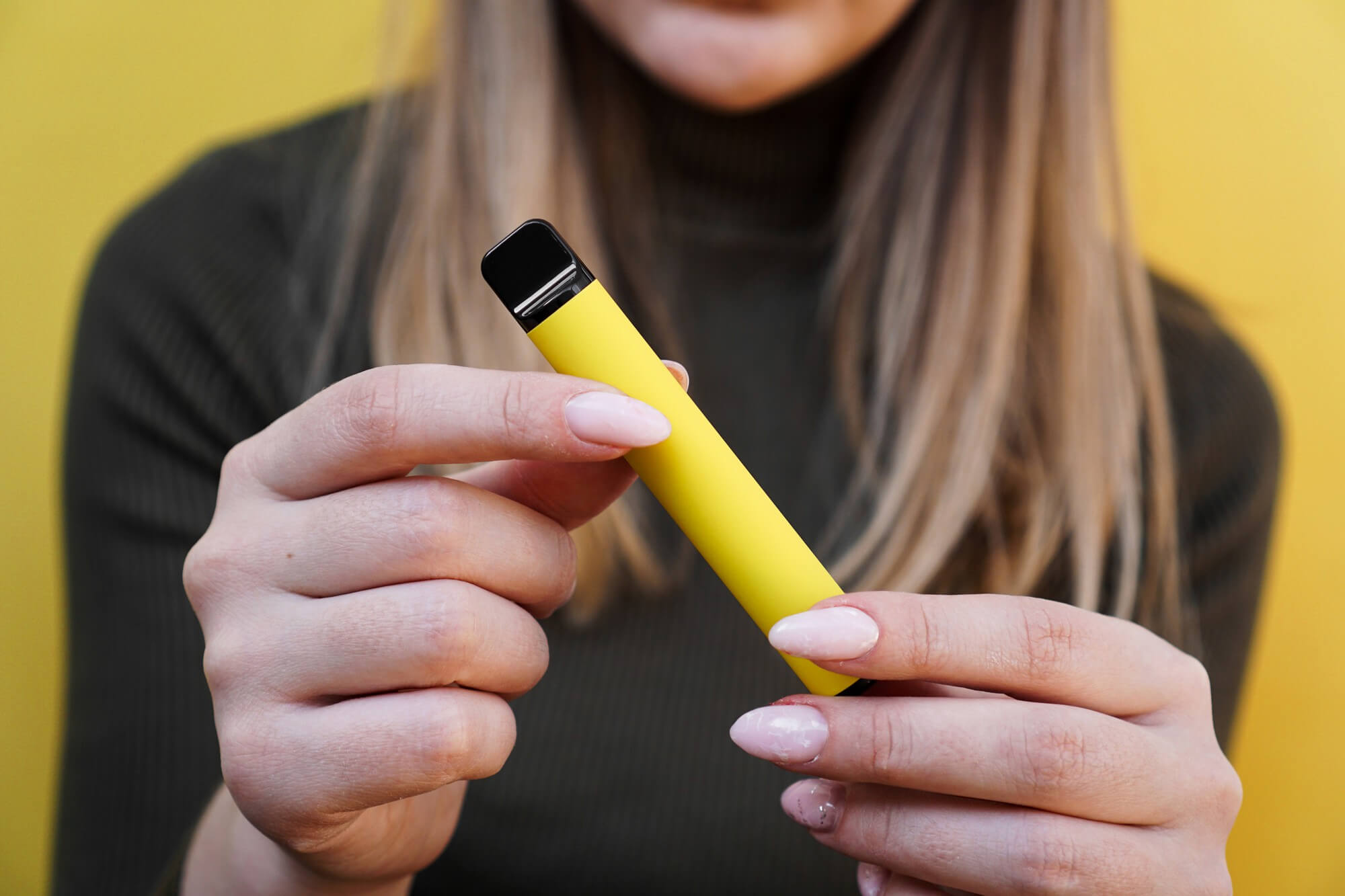The Impact of Vaping on Oral Heath

Vaping has become increasingly popular as an alternative to smoking, but dentists are still concerned about its effects on oral health. In general, vaping carries many of the same risks as traditional cigarettes when it comes to oral health, with the primary risk being an increased chance of developing gum disease.
So, What Does It Do?
Similar to smoking, vaping affects blood flow to parts of the mouth and can lead to bacterial accumulation and inflammation in the gums. This can cause receding gums and eventually tooth loss over time due to periodontitis (advanced gum disease). Vaping also leads to plaque buildup that makes it more difficult for patients to maintain proper oral hygiene habits at home.
What About Oral Cancer?
Although vaping does not contain some of the cancer-causing chemicals found in cigarettes, it can still increase a person’s risk of developing oral cancer. This type of cancer includes tumors on the tongue, lips, and other parts of the mouth and throat. In addition to this, vaping may also contribute to an increased chance of infection after dental procedures due to reduced blood flow in the area.
Stained Teeth and Bad Breath
Vaping can also cause teeth discoloration from tar build-up, leaving them yellowish and stained. Bad breath is also common among vapers due to residue left behind by the vaporized liquids used in vape devices. Vaping can lead to dry mouth as well, which can then lead to an increased chance of cavities and dental decay.
Similar to Cigarettes
Overall, vaping carries similar risks as smoking when it comes to oral health. Patients should be aware of the potential consequences of vaping and take steps to reduce their chances of developing long-term problems such as gum disease or oral cancer. Visiting the dentist for regular cleanings and checkups can help patients monitor any changes in their oral health early on while quitting vaping altogether is the best way to improve overall oral health and lower risks down the line.
This article is not intended to be used as a substitute for professional medical advice, diagnosis, or treatment. Always seek the advice of your dentist or other qualified healthcare provider with any questions you may have regarding a dental condition or treatment.
If you’re looking for the best dentist in Austin, TX, contact 512 Smiles. Set up an appointment for your next cleaning today!
